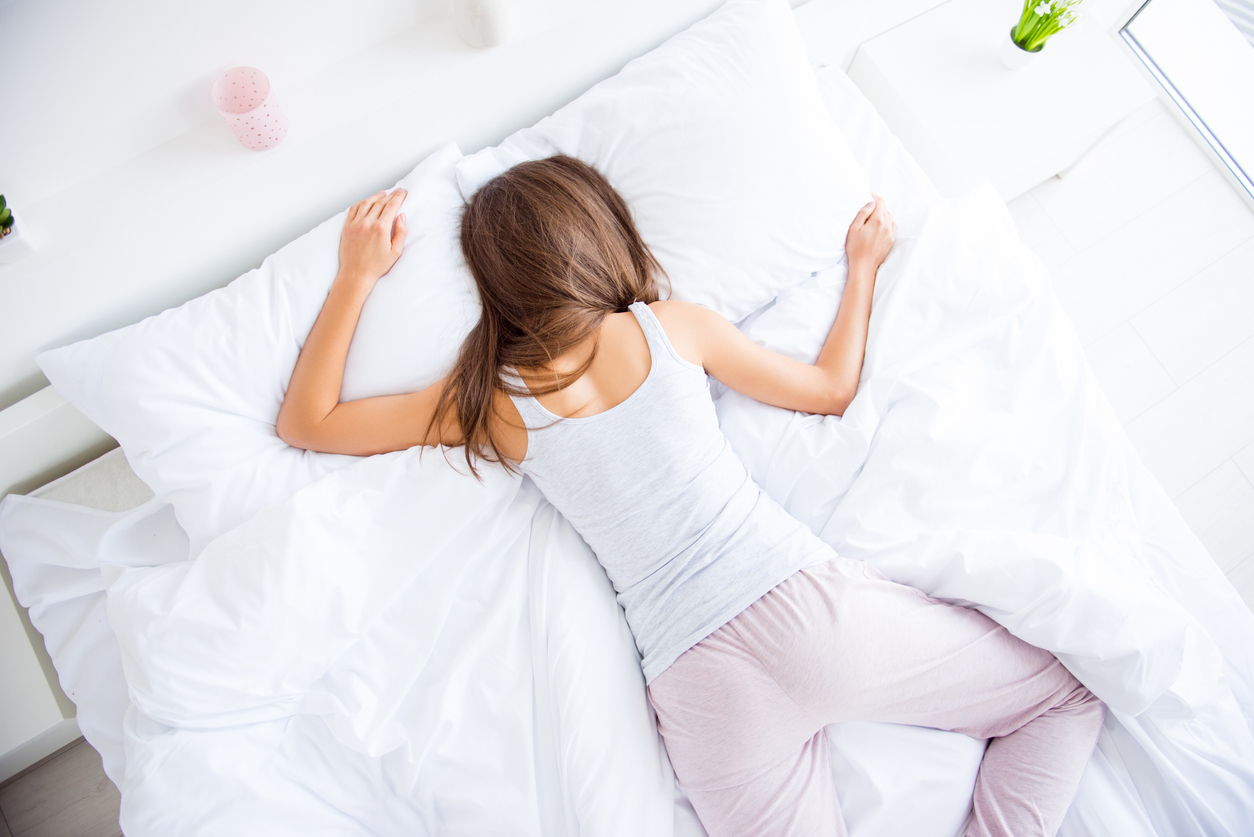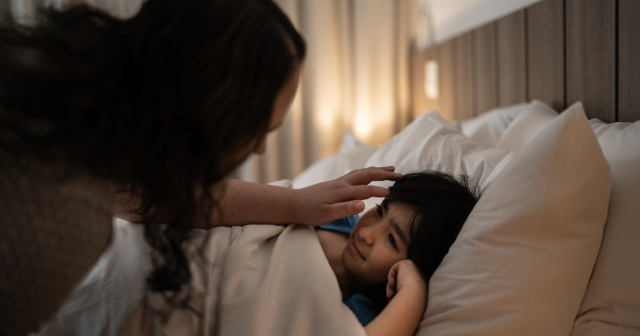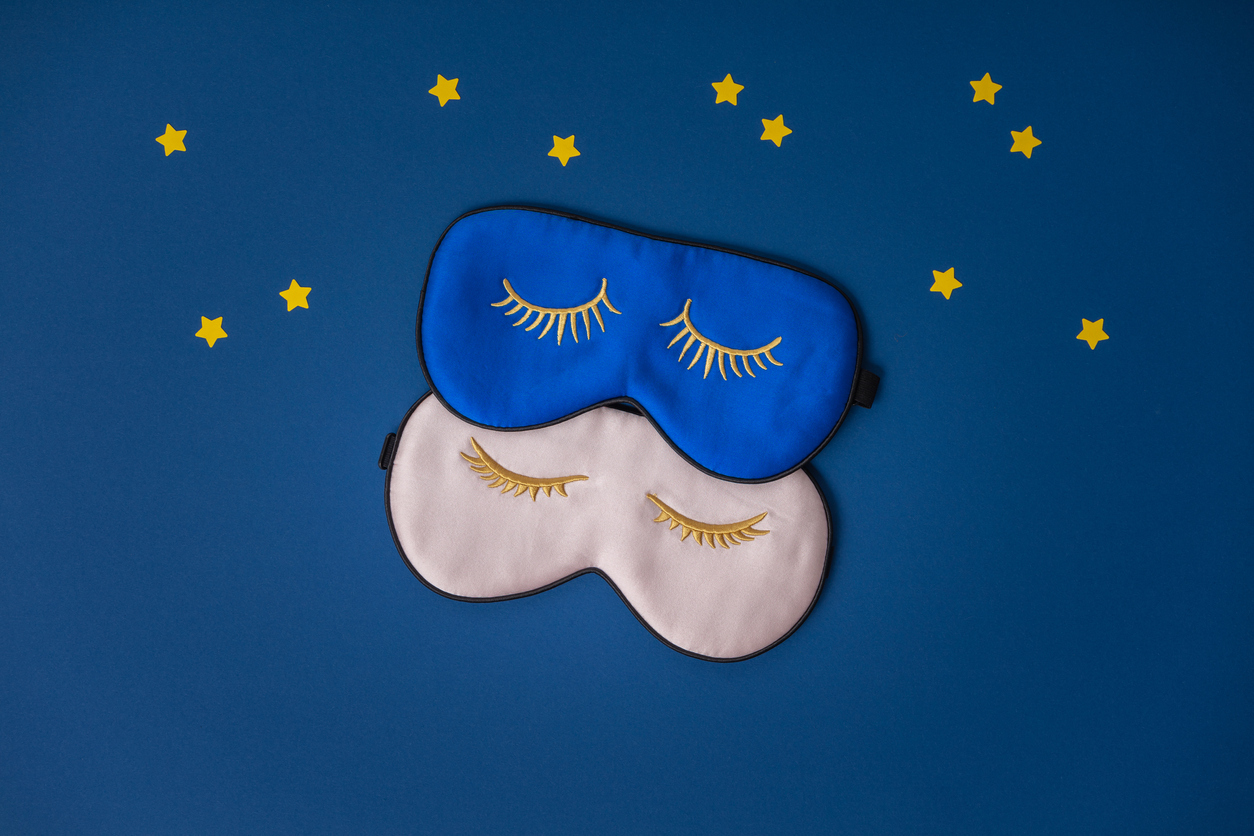How well you sleep can be affected by the position you sleep in – whether that’s on your tummy, back or side (and which side).
Sleeping in the right position for you means waking up feeling rested without any aches and pains after a night of undisturbed sleep. Sleeping in the wrong position can lead to stiffness and pain – in your back, neck, arms and legs – all of which leaves you feeling tired and unable to function in the day.
Read on to find out which sleeping positions may be causing you to lose sleep, and which could be the best sleeping position for you. Get ready to improve your chances of a full, uninterrupted night’s sleep so you’ll wake up feeling refreshed.
Train yourself to sleep in a better position
Going to sleep in the wrong position can put stress on your spine and increases your chances of snoring and having acid reflux (when stomach acid travels up from your tummy towards your throat causing a burning sensation in your chest known as heartburn). Both of which can mean disturbed and poor quality sleep.
Plus, bad postural habits where your spine is constantly thrown out of its natural alignment is not good for your body in the long-term. And if you’re pregnant, there are certain sleep positions which help to keep your blood flowing as your baby grows and may be more comfortable for you.
If you want to try out a new sleeping position, it’s important to realise that your body will need time to adjust. You can make things more comfortable with blankets or pillows and the strategies we discuss below, but you’ll need to be patient while your body gets used to the new position.
Read more about how much sleep you really need.
Best sleeping position: on your (left) side
Sleep experts agree that sleeping on your side is best for a full night’s sleep and for helping to relieve stress and strain on your spine. Side sleeping helps to correctly support and align your spine during the night, allowing your muscles to recover from the day’s strain while you sleep.
When we’re children, we tend to try out lots of different sleeping positions, but research shows that by the time we’re adults, around 60% of us prefer to sleep on our side. The older we get, the less flexible our spines become, which is why sleeping on your side may be more comfortable than other positions.
Experts also suggest sleeping on your left side if you can, as this side is thought to relieve pressure on your internal organs.
4 reasons why side sleeping can help with your health
- helps with back pain – side sleeping is good if you have back pain, as it helps to align your spine. Try putting a blanket or pillow between your knees to help make this position more comfortable. And use a thicker pillow for your head if you can, as this will help your neck stay in line with your spine. Read more about how to treat back pain at home
- reduces heartburn – if you get acid reflux, sleeping on your left side may be better as it could prevent and reduce heartburn symptoms, while sleeping on your right side can make them worse. Read more about how to get rid of heartburn
- helps with snoring or sleep apnoea – side sleeping is best if you suffer from snoring or sleep apnoea. Read more about ways to stop snoring
- it may help with blood flow if you're pregnant – sleeping on your left side is thought to allow for the best blood flow around your body, including to your baby, and also relieves the pressure on your belly as it gets bigger
Side sleeping in a foetal position
If you sleep on your side, curl your knees up to your chest and tuck your chin in, you’re sleeping in a foetal position, like a baby does in the womb – you may also be comfortable to put your arm under your pillow.
While studies have revealed that side sleeping is the most common position, researchers are yet to find out how many people specifically sleep in the foetal position.
What is known is that sleeping in the foetal position has the same benefits as side sleeping. But, if you tuck your chin down it can cause a painful head position and strain your neck.
And, like with all side lying positions, you may not want to sleep in a foetal position if you have shoulder pain, as the pressure you place on it throughout the night can irritate it. Try sleeping on your back instead while you heal.

Top tips to make sleeping on your side easier
If you’ve been trying to sleep on your side, but aren’t finding it comfortable:
- switch to the other side now and then, to relieve pressure on your other side
- place pillows under your tummy, between your legs and at the small of your back for extra comfort and support
Second-best sleeping position: on your back
Sleeping on your back is another popular position and one that’s backed by sleep experts. If you lie flat and have your arms relaxed by your sides, it helps your spine to align and spreads your weight evenly, helping prevent aches and pains.
Health issues that can be helped by sleeping on your back
- neck pain – lying on your back helps to align your body in a way that can ease neck pain. Make sure you have a supportive pillow. Memory foam can be a good option, as it supports your neck while allowing your head to sink into the pillow. Read more about what to do when you wake up with neck pain
- colds, allergies, asthma and nasal congestion – try not to lie flat on your back, as this can make congestion worse. Sleep in an upright position by propping up your head and upper back with pillows. This will help open up your airways and may help your nose to empty if it’s blocked up
- if you’re concerned about wrinkles – sleeping on your back may be better for your skin. It’s thought the pressure of the pillow on your face could cause you to get fine lines and wrinkles over time
Avoid sleeping on your back if you have these health issues
- you're pregnant – sleeping on your back isn’t recommended when you’re pregnant, as blood can’t flow around your body as easily. Some research suggests that sleeping on your back in your third trimester can increase the chances of stillbirth, but more evidence is needed to support this
- you snore or have sleep apnoea – sleeping on your back makes snoring more likely and can encourage your airways to collapse
- you have acid reflux or gastro-oesophageal reflux disease (GORD) (a common condition where stomach acid frequently leaks up into your food pipe, or oesophagus) – sleeping on your back can make episodes of acid reflux and GORD more likely, as your food pipe is more exposed to stomach acid in this position
- you’re overweight – it’s often harder to breathe when lying flat on your back, as more pressure is exerted on your body by gravity. Read more about the health risks of being overweight or obese
Top tips to make sleeping on your back easier
Lots of people like sleeping on their back, but for some it can lead to more back pain. These tips can help prevent it:
- try putting a pillow under your knees, as this can help align and support your spine
- depending on the firmness of your mattress, you might also find it useful to place a small, rolled up towel or thin pillow under your lower back, as this will help close the gap that can open up between your lower back and your mattress
- use a supportive pillow that holds your head and neck in position. Pillows that are between 3 and 5 inches thick (called ‘medium-loft pillows’) are best for back sleepers, as this thickness helps to align your spine
- if you don’t mind sleeping on your side, you might also want to try switching between your back and your side

Least popular sleeping position: sleeping on your tummy
Research suggests that less than 10% of our night is spent sleeping on our tummy, and it’s with good reason that stomach sleeping is the least popular position.
It gives your body less support compared to sleeping on your back or side and can put pressure on your spine, causing back pain. Sleeping on your tummy also forces you to sleep with your neck to one side, causing your neck to twist and come out of alignment with your spine. This can affect your spine over time, causing long-term back problems.
Best reasons to avoid stomach sleeping
Sleeping on your tummy isn’t recommended for most people, particularly:
- if you’re pregnant
- you have neck or back pain
- you’re worried about your skin and wrinkles
Top tips to make sleeping on your tummy healthier
It can be really difficult to change your sleep position, so if you tend to sleep on your tummy, it’s important to use a suitable pillow and mattress so you can avoid aches and pains. Try these tips:
- a firm mattress is best, as it keeps your spine aligned
- lying on a thin pillow can keep your spine in alignment, as it prevents your neck from bending upwards. If you place it under your hips, it helps to relieve pressure and evens out your spine as you sleep
- pillows can put pressure on your back – try sleeping pillow-free to see if makes a difference
- if possible, avoid bending your leg up, as this twisted position can hurt your hips and lower back
When to see a doctor about sleep issues
If you’ve tried changing your sleeping habits and are still finding it difficult to get to sleep, speak to a doctor, especially if it’s been a problem for a few months and is affecting your daily life, or you’re worried a sleep position could be causing or worsening certain symptoms.
You should also see a doctor if:
- you’re having breathing difficulties when sleeping
- you feel very sleepy during the day
- you’re snoring loudly
Lots of health conditions can stop you from getting a good night’s sleep, including the medicines used to treat them, so it’s important to see a doctor if you think your sleep is being affected by an underlying condition or medication. Poor sleep can also be caused by sleep disorders, such as insomnia, restless legs syndrome or sleep apnoea.
If you’re not sure whether you need to see a doctor, you can use our Smart Symptom Checker to get information about your symptoms and recommended next steps, including self-care measures.
Doctor’s top tip
By Dr Adiele Hoffman, Healthily Clinical Content Reviewer
“Snoring is a common problem that can affect both your sleep and that of anyone sharing your bed. And if you sleep on your back, you’re more likely to snore. It might sound extreme but consider taping a tennis ball to the back of your neck to stop you rolling onto your back so that you can beat the snoring and get some much-needed sleep.”







